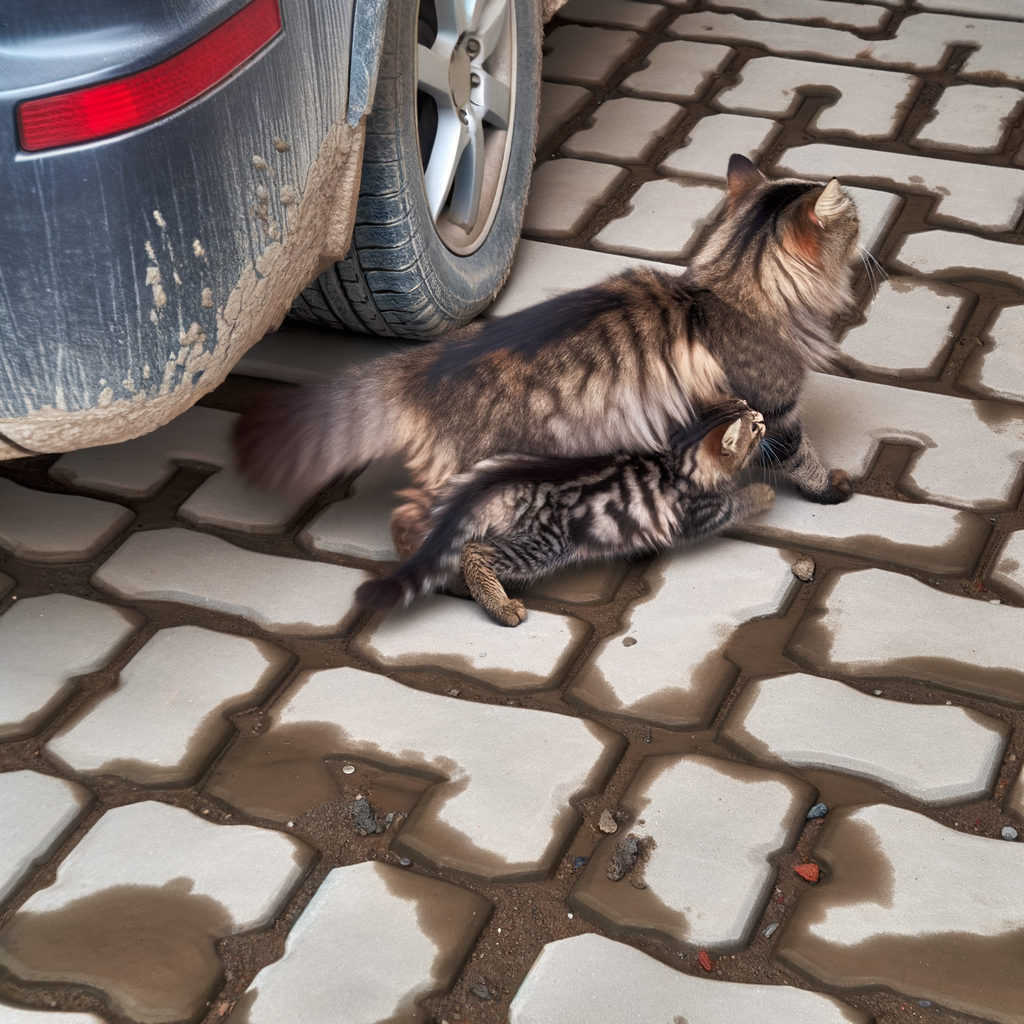Though they make up less than 1% of our oceans, coral reefs are mighty habitats that host more than one million aquatic species at some point in their lives, feed and support the livelihoods of people throughout the world, and have a direct impact on our planet’s health. Coral Reef Awareness Week, held July 21 through July 27, celebrates these important ecosystems. Read on to learn more about their benefits, what’s threatening them, and what you can do to help!
Why Coral Reefs Matter
Coral reefs are biodiversity hotspots that provide feeding, spawning, nursing, or lifelong habitat for about a quarter of marine species. That’s more than one million species overall, including sponges, crabs, oysters, sea urchins, and more than 4,000 different types of fish.

They also protect neighboring habitats like seagrass meadows and mangroves, which store carbon at a rate about 10 times higher than mature tropical forests. A coral reef can withstand an oceanic beating, too, absorbing up to 97% of a wave’s energy, which helps protect coastlines – and the lives of those who live there – during disasters like tsunamis and hurricanes.
One billion people benefit either directly or indirectly from coral reefs, as well. This includes being fed by them and getting economic benefits through tourism, recreation, and fisheries. It’s estimated that between tourism, fisheries, biodiversity, and coastal protection, coral reefs provide $29.8 billion in services each year across the globe. This doesn’t even touch on medicinal benefits, as reefs can help us with new treatments for diseases like cancer, arthritis, infections, and viruses.
Threats to Coral Reefs
Unfortunately, the services and life-sustaining benefits coral reefs provide are at risk because their survival is increasingly threatened. Climate change is increasing sea surface temperatures, which is linked with more coral bleaching incidents. Dredging and unsustainable fishing are also big threats, as is chemical runoff.

Plastic pollution is extremely damaging to coral reefs, as well. It’s estimated that between 15 and 51 trillion pieces of plastic are in our oceans. Billions of pounds more are added each year, too. These directly impact coral reefs in a variety of ways. Scientists from the U.S. Environmental Protection Agency found that long-term exposure to microplastics impairs the growth of coral, likely by either blocking their digestive tracts or preventing digestion. Other research has also found that microplastics on coral tissue may prevent them from capturing prey or cause them to expend energy to remove them.
A 2023 study of 84 coral reefs in 14 countries throughout the world, including in remote areas, found human-derived debris in 77 of them. Macroplastics accounted for 88% of this debris, and the majority of it was fishing related. This gear was found in higher amounts near marine protected areas, as well.
Animals within the reefs aren’t immune to plastics’ impacts, either. They can ingest, suffocate on, or get entangled in plastic. Nearly 700 species, including those of conservation concern, are known to be victims of this.

Eating plastic can cause these animals to die of starvation because their stomachs feel full. They may also experience internal or external injuries from the ordeal. If they’re eaten by bigger animals, the plastic is then transferred further up the food chain.
What You Can Do to Help
Though many of the problems facing our reefs are beyond an individual’s control, we can do small things to help. That includes using reef-friendly sunscreen, not sending chemicals into waterways, choosing sustainable seafood, practicing safe boating if you visit, and volunteering for a beach cleanup.

We also team up with our charitable partner Greater Good Charities to work with organizations dedicated to saving our oceans, through beach cleanups, educating the public on waste prevention, raising awareness about safe fishing practices, rescuing and rehabilitating injured marine life, or supporting marine conservationists. If you’d like to contribute to these efforts, click below!











